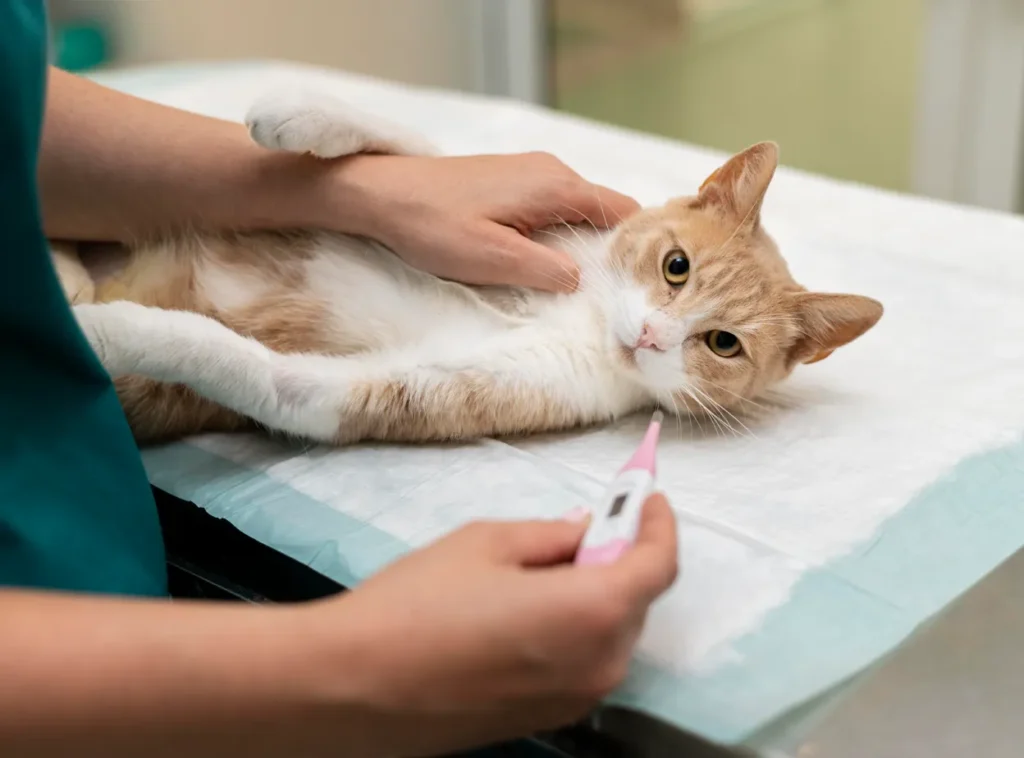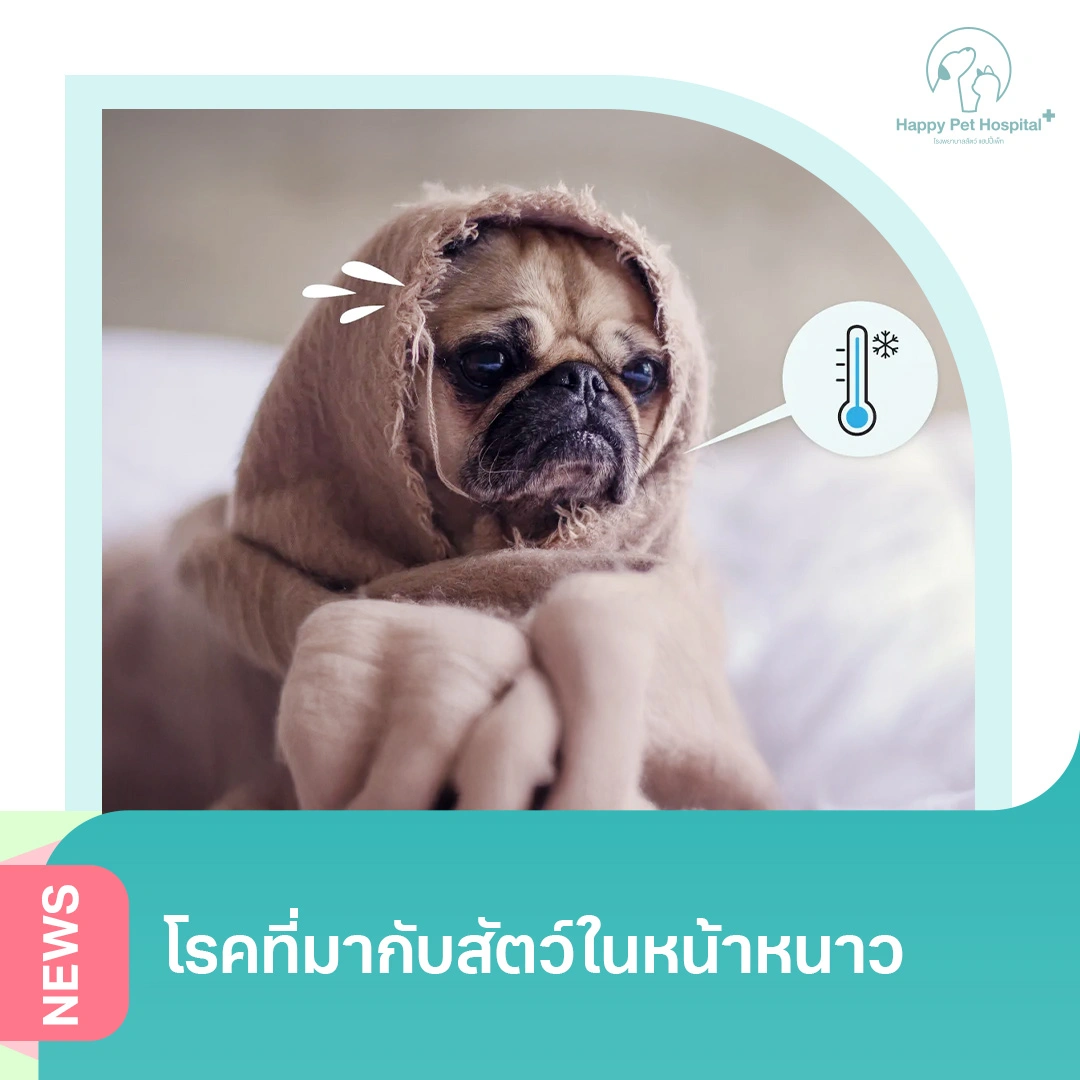Winter weather doesn’t only impact humans but also affects our pets. Changes in temperature and humidity can increase their risk of illness. As a pet owner, it’s important to be aware of potential issues and take steps to protect your furry companions.
Common Winter Illnesses in Pets
1. Respiratory Diseases
Viruses and bacteria spread more easily in cold, dry air. Common symptoms include sneezing, coughing, runny nose, and difficulty breathing.
2. Skin Diseases
Cold and dry weather can cause pets’ skin to become dry and cracked, leading to irritation or secondary infections.
3. Urinary Tract Diseases
Reduced water intake during cold weather increases the risk of urinary stones in pets.
4. Influenza
Pets, especially dogs, can catch the flu. Symptoms are similar to humans, such as fever, coughing, and sneezing.


Factors That Increase Risk
– Weakened Immune System
Senior pets or those with pre-existing health conditions have weaker immunity.
– Contact with Other Animals
Interaction with other animals that may carry pathogens increases the risk of infection.
– Unsuitable Living Environment
Cold or overly damp living conditions can negatively affect pets’ health.
How to Prevent and Care for Pets in Winter
1. Take Pets to the Veterinarian
Regular check-ups and vaccinations are essential to prevent diseases.
2. Maintain Cleanliness
Clean your pet’s living space and accessories regularly.
3. Provide Warmth
Ensure your pets have a warm bed and avoid leaving them outside for extended periods.
4. Monitor Food and Water
Provide nutritious food and change the water frequently to keep it fresh.
5. Watch for Unusual Symptoms
If your pet seems lethargic, loses appetite, or has a fever, consult a veterinarian promptly.
